
Mechanisms that once guaranteed access to public information have been dismantled in Mexico. Media and technology organizations are teaching young journalists to fill the gap.
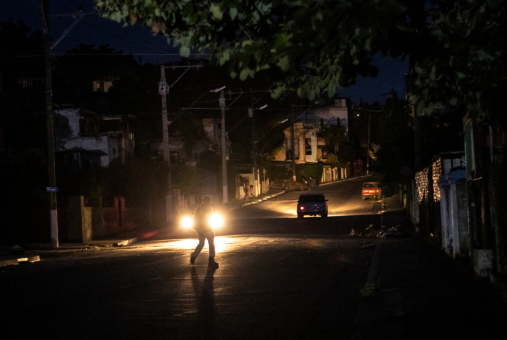
Without electricity or internet access, independent journalists and media outlets are struggling to report and cope with the crisis at home.
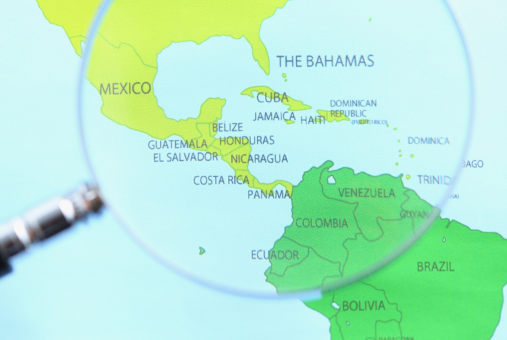
Most countries in the region promise citizens access to public data, but a new study finds officials often ignore requests, ranking the region only average worldwide.
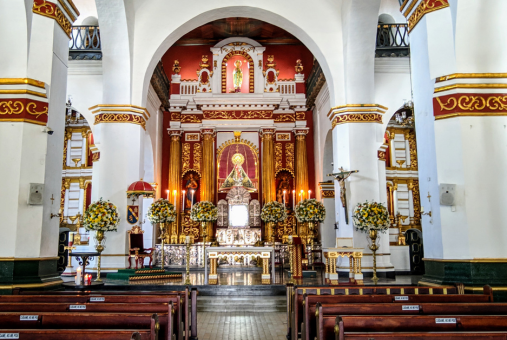
A ruling by the Constitutional Court sided with two journalists seeking to unlock the Catholic Church’s 'secret archive' on investigations into priests accused of sexual abuse. Church officials say the ruling goes too far.
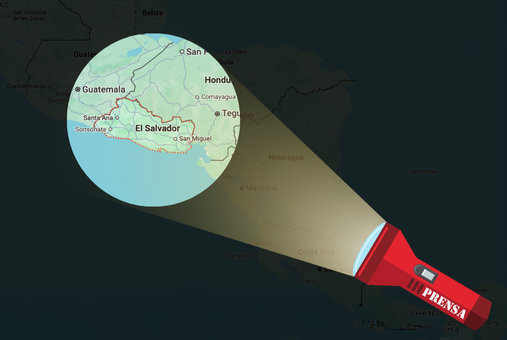
Journalists in El Salvador are building their own databases, investigating citizen complaints and cultivating anonymous sources to hold the government accountable.

In 2024, journalists from Mexico to Nicaragua to Brazil faced mounting violence, censorship and harassment — yet persisted through courageous reporting. Here are our reporters’ most pressing and memorable stories of the year.

Lawmakers approved a reform bill that would eliminate Mexico’s transparency agency, which raises questions about how the right to public information will be upheld. Journalists and organizations warn about the risk of longer, costlier and less transparent processes, which would create obstacles for journalism and accountability.
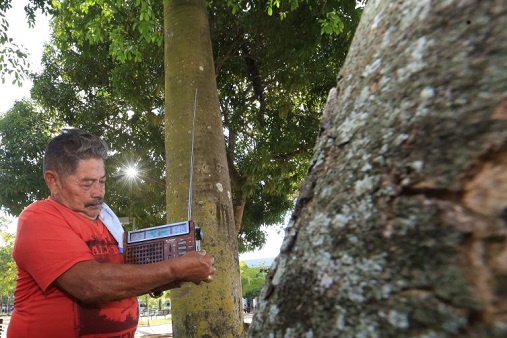
A map by InfoAmazonia shows dozens of independent radio stations broadcasting from remote rainforest communities. Despite financial pressures, many confront agribusinesses while highlighting Indigenous and environmental rights.
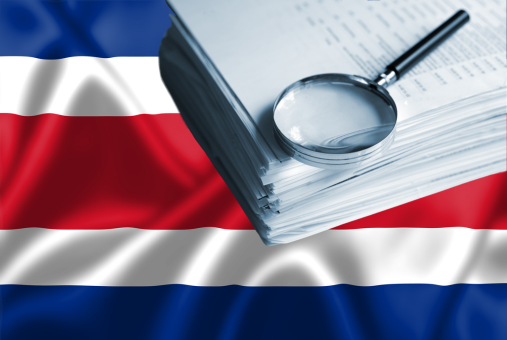
The law, signed after more than 15 years of advocacy, establishes a framework for access to public information and penalties for officials who resist requests for information.
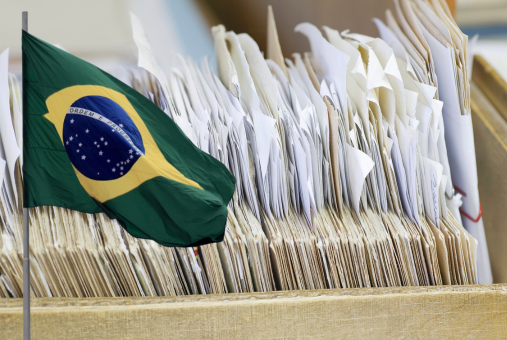
At a time when data journalism was in its infancy in Brazil and access to public information was limited, the award-winning series of reports “Os Homem de Bens da Alerj” (The Good Men of Alerj) stood out for revealing the enrichment of politicians elected to the Legislative Assembly of Rio de Janeiro. Twenty years later, the impact of that pioneering investigation still resonates in Brazilian journalism, whether through the use of advanced data analysis tools or the application of the Access to Information Law.

Driven by a news vacuum in the Argentine provinces, Ruido was born three years ago. It’s a collaborative media outlet made up of journalists throughout the country that investigates corruption via requests for access to public data. Despite limited local transparency, its network of collaborators has managed to create stories with national impact on issues of public interest.

In contrast to the bureaucratic difficulties of accessing information in Mexico, the U.S. judicial system offers rich sources of information for investigating cases of Mexican criminals tried in that country, said journalist Juan Alberto Vázquez. His book "Los Padrotes de Tlaxcala" reveals shocking details about how Mexican trafficking networks operate in New York.